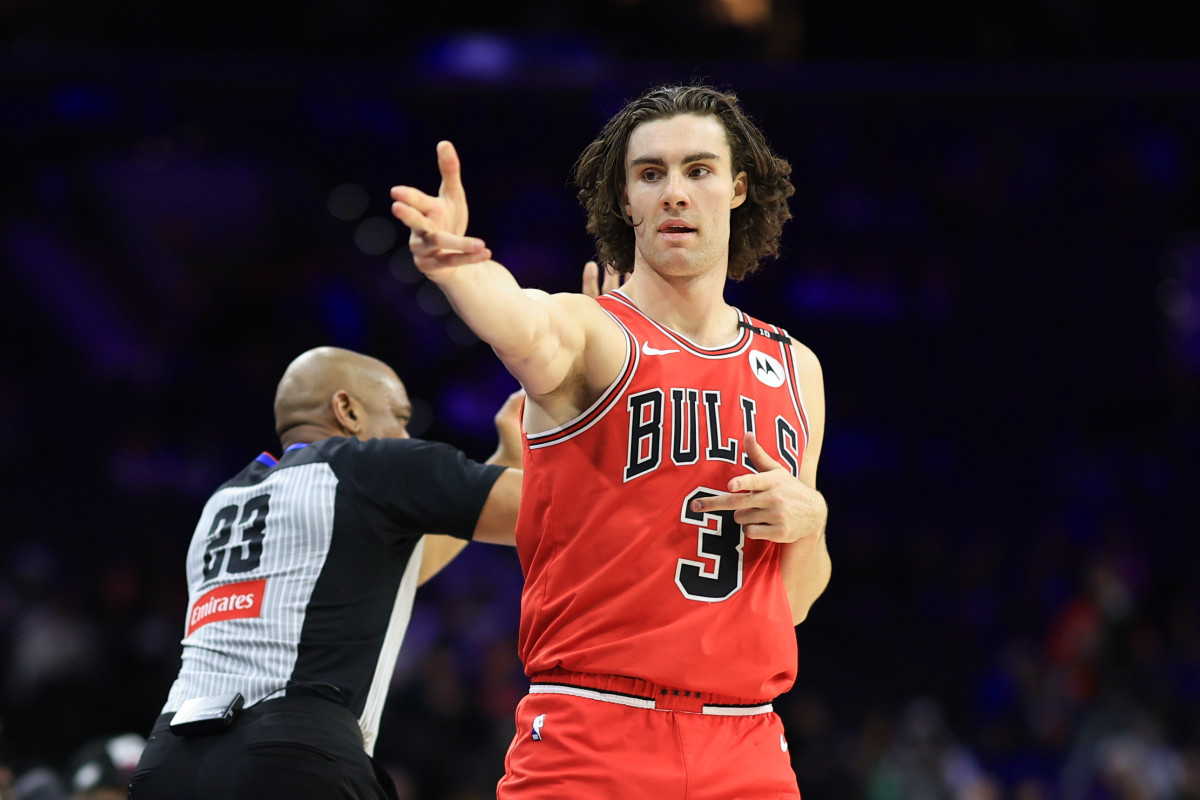The Chicago Bulls` offseason often feels like a quiet affair, punctuated by moves that sometimes leave observers scratching their heads. This summer has followed a similar script. Beyond swapping Lonzo Ball for Isaac Okoro – a trade that, like others before it, offered questionable value in return – and drafting Noa Essengue with a mid-first round pick, the activity level has been notably low. For a franchise residing in one of the largest media markets, this subdued approach isn`t entirely unexpected, reflecting a team seemingly comfortable with its status quo: competitive enough to avoid top lottery odds, yet lacking the clear direction needed for genuine contention.
Amidst this characteristic lull, one particular situation stands out as a surprising point of inaction: the lack of an agreement on a contract extension for restricted free agent Josh Giddey. Giddey, acquired from the Oklahoma City Thunder in the trade that sent fan-favorite Alex Caruso packing (a move still prompting head-shaking due to the absence of draft capital returning to Chicago), represents a key asset and a presumed part of the Bulls` future backcourt.
Reports suggest Giddey is aiming for a contract in the vicinity of $30 million annually, mirroring a deal signed by a contemporary player elsewhere. From the Bulls` perspective, such a figure appears to be viewed, perhaps rightly, as a significant overpayment. The ongoing negotiation, or lack thereof resulting in a signed deal, implies Chicago is taking a deliberate, perhaps even stubborn, stance against meeting this asking price immediately.
Crucially, the dynamics of restricted free agency favor the Bulls in this scenario. With limited teams possessing the necessary salary cap space to present Giddey with a substantial offer sheet that Chicago would struggle to match, the power rests largely with the incumbent team. The question isn`t so much *if* Giddey will ultimately sign with the Bulls, but rather *when* and, more importantly, *for how much*.
While Giddey could theoretically play out the final year of his current rookie deal, valued at approximately $11 million, and enter unrestricted free agency next summer, this outcome is generally considered undesirable for both player and team. Despite the financial gap, reports indicate that discussions have remained productive and positive, suggesting no immediate breakdown in communication.
Securing Giddey`s long-term future is vital, not only for providing the front office with peace of mind but also for solidifying a key piece around which the team can potentially build. At just 22 years old, Giddey possesses demonstrable potential, particularly as a creative playmaker. His first season in Chicago saw him record a career-high in assists, showcasing his passing vision. Furthermore, his three-point shooting, a past weakness, saw a noticeable improvement last season, reaching nearly 38% on a respectable volume of attempts – a positive development indicating growth capability. However, his defensive limitations remain a point of concern.
Given Giddey`s profile – a young player with clear strengths and areas for development – committing exorbitant sums requires careful consideration, especially for a Bulls team currently lacking a clear path forward. A deal significantly lower than the reported $30 million target, perhaps closer to the $18-20 million per year range often floated as reasonable value, would represent a financial win. This is particularly pertinent when considering the Bulls` recent history, including a significant five-year, $90 million commitment to Patrick Williams in 2024, which was widely perceived as an overpay based on the player`s development curve at the time.
The fact that we are nearing mid-July without a resolution suggests these negotiations could indeed extend for several more weeks. In a surprising twist, this protracted timeline is arguably a *good thing* for the Chicago Bulls. Historically, this is a franchise not shy about rushing into potentially unfavorable financial commitments. Practicing patience, evaluating the player`s value without succumbing to the pressure of market comparable or past mistakes, represents a rare, and potentially shrewd, display of fiscal discipline – perhaps one of the smarter strategic plays seen from the organization in quite some time.

